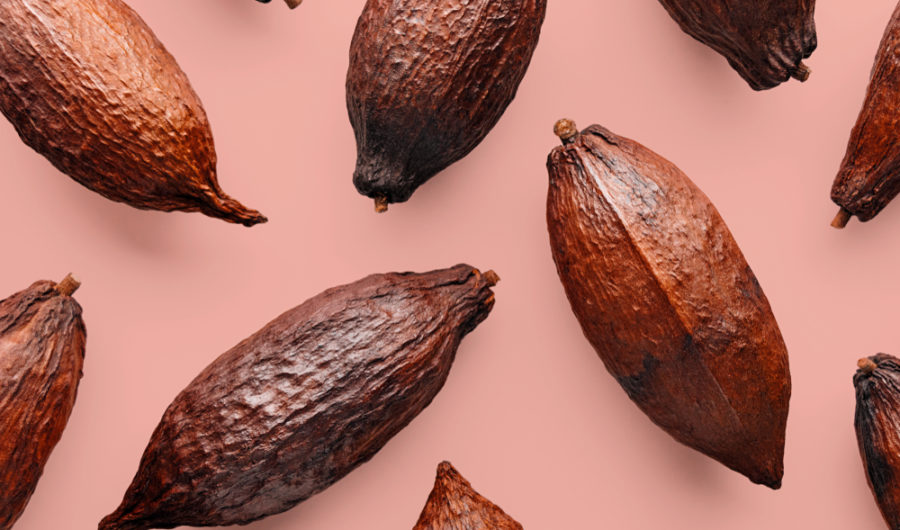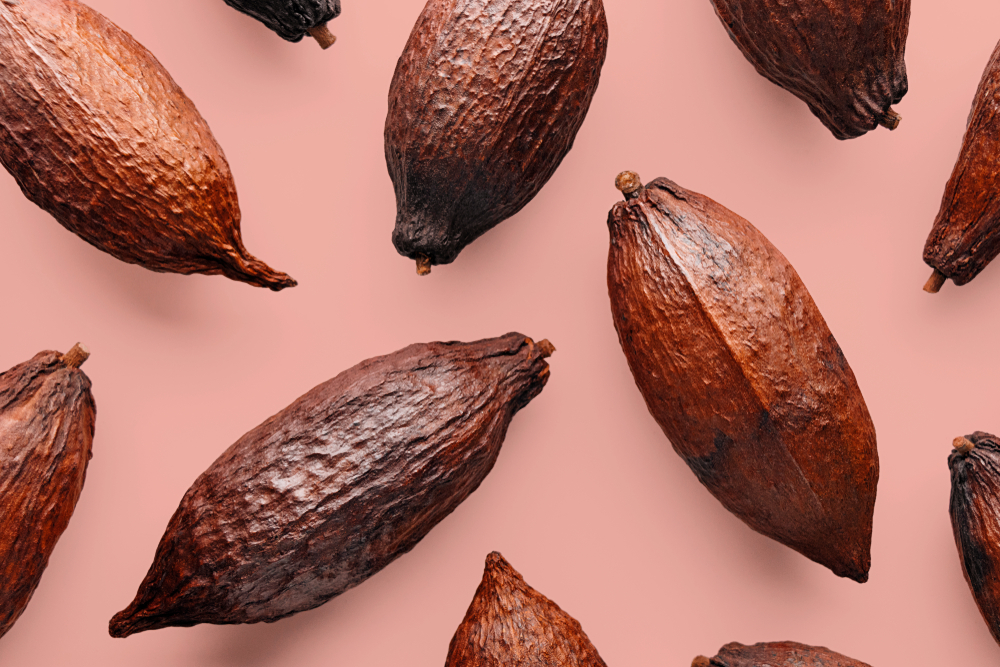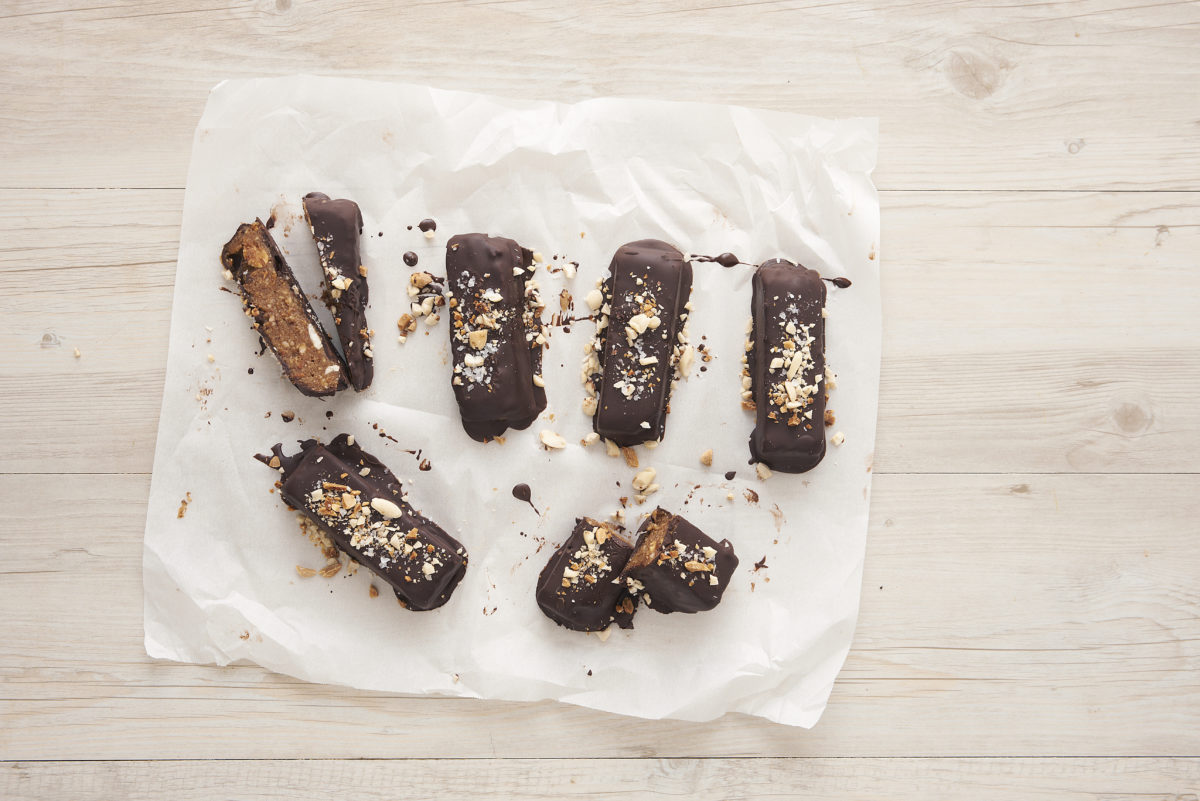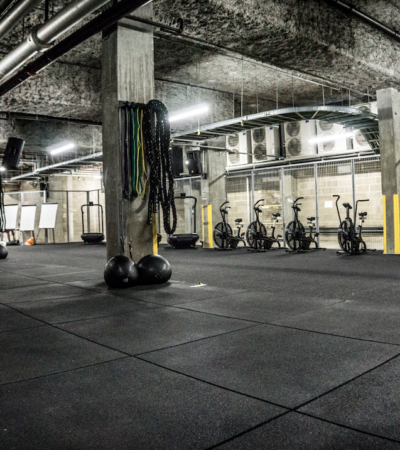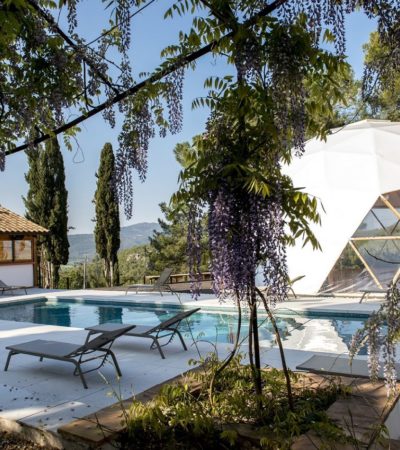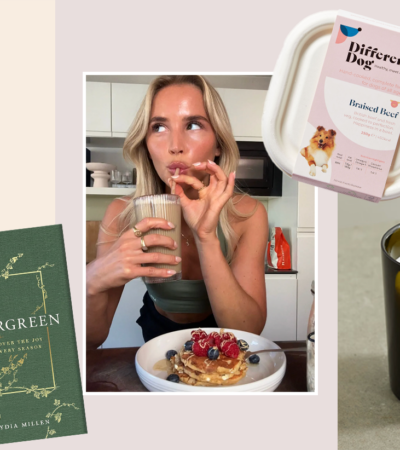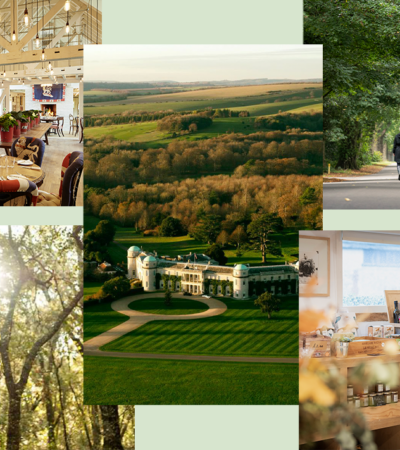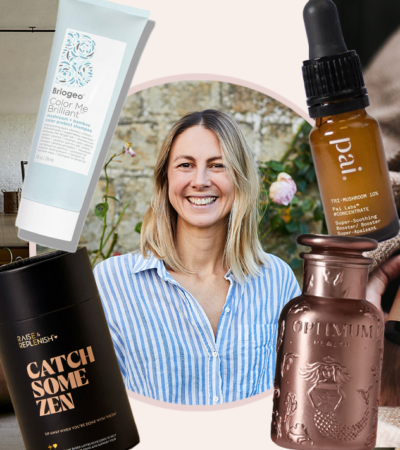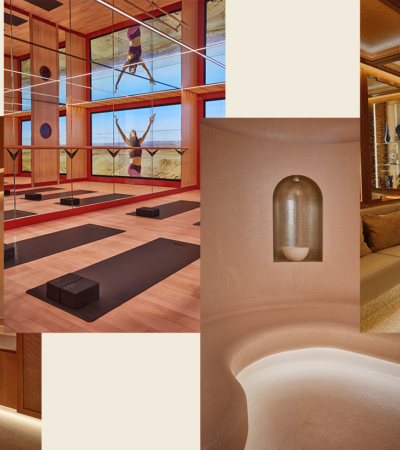When you consider the average Brit consumed 8.4kg of chocolate in 2017, to say we’re a nation of chocoholics would be an understatement. But with child and slave labour still rife in the industry, and cocoa cited as a major cause of deforestation, how does the ethical chocoholic choose the best bar? For years Abel & Cole have worked with the finest organic chocolatiers in the land, selecting not only the most delicious but also the most ethical and sustainable brands around. Here Ed Ayton, head of Abel & Cole’s Green Team, takes you through what they look for in their quest for the best.
Organic
As an organic grocer, Abel & Cole will always look for organic certification first. Cocoa can only be grown in the tropics, with the bulk of production taking place in West African countries such as the Ivory Coast and Ghana. But thin topsoil and poor farming practices cause yields to dramatically decline after a couple of years, and farmers are forced to move onto uncultivated land in the pursuit of better harvests. Although not causing the same level of destruction as palm oil, in some parts of the world this has made cocoa production the leading cause of deforestation – about 40% of Ivorian cocoa, representing 17% of global stocks, comes from inside officially protected areas (which actually makes it illegal). By using organic methods to grow cocoa however, farmers are able to replenish, and even increase, soil fertility naturally. As well as providing a sustainable way to use existing farmland, organic production also provides effective pest management, protecting crops from diseases and farmers from exposure to banned chemicals such as lindane.
Fairly Traded
All of Abel & Cole’s chocolate range is fairly-traded, either certified with the Fair Trade logo or directly bought from the producer at a price that works for everyone involved. While organic certification provides an assurance of environmental sustainability and can mitigate further deforestation, it is not enough to ensure farmers are paid a fair price for their crop. Some ninety per cent of the world’s cocoa is grown by 6 million small-scale farmers, already some of the poorest in the world, and wildly fluctuating prices have pushed them further into financial insecurity. Often symbolised by the Fairtrade symbol, the term fairly-traded describes a model of paying farmers a price that ensures the financial security, a fair price that ensures their work represents a viable livelihood. This means paying a little higher than the global market prices, which all too often do not even meet the costs of production, and making sure that revenue is spent in the communities producing the crop. Original Beans, a brand that leaves no stone unturned in their quest for the best chocolate ever, offer long-term, fixed-price contracts with their farmers, cutting out the middleman and purchasing cocoa at twice that offered under Fairtrade.
Sustainability
Always going that extra mile, Original Beans have also established the world’s first all-women cocoa cooperative, in war-torn Eastern Congo. As well as teaching local women how to grow cocoa organically, the project continues to plant trees in the buffer zone around Virunga National Park with their One Bar One Tree programme, helping to protect the resident population of critically endangered mountain gorillas. Within a year of Abel & Cole stocking Original Beans, sales had supported the preservation of 100 soccer fields of forest. A similar scheme is supported by sales of our new kids on the chocolate block, Nu Cao. For every bar sold, a tree is planted by the Eden Project’s reforestation network.
Packaging
Abel & Cole’s boxes represent a quick and easy way to reduce unnecessary plastic, and where packaging is used we will always prioritise re-useable materials, such our returnable cardboard boxes, then materials that are certified home compostable where they’re available. We work closely with our suppliers to ensure the same practices are followed throughout our range, and home compostable foils are commonplace in our chocolate bars – interestingly, the tiny bit of aluminium that’s coupled with the cellulose (a fraction of foil’s normal aluminium content) actually speeds up the composting process, acting as a micronutrient for soil bacteria. Looking back at Abel & Cole’s Easter range this year, the bulk of our chocolate lines were packed in cardboard and Nature-flex, a home-compostable plastic made from wood pulp, that’s certified to completely break down in marine conditions.
Through basing our buying decisions on these core principles, Abel & Cole have built a range of ethical chocolate unlike any other, a range that we can truly be proud of. As with all of our products, when you choose single-origin, fairly-traded and organically-grown cocoa, the end product is truly something special and by following a holistic approach in their aims to make the best chocolate around, our suppliers are making the world a better place, one bar at a time.
words by Ed Ayton, Abel & Cole’s Green Expert
Try this: Chocolate Peanut Bars

